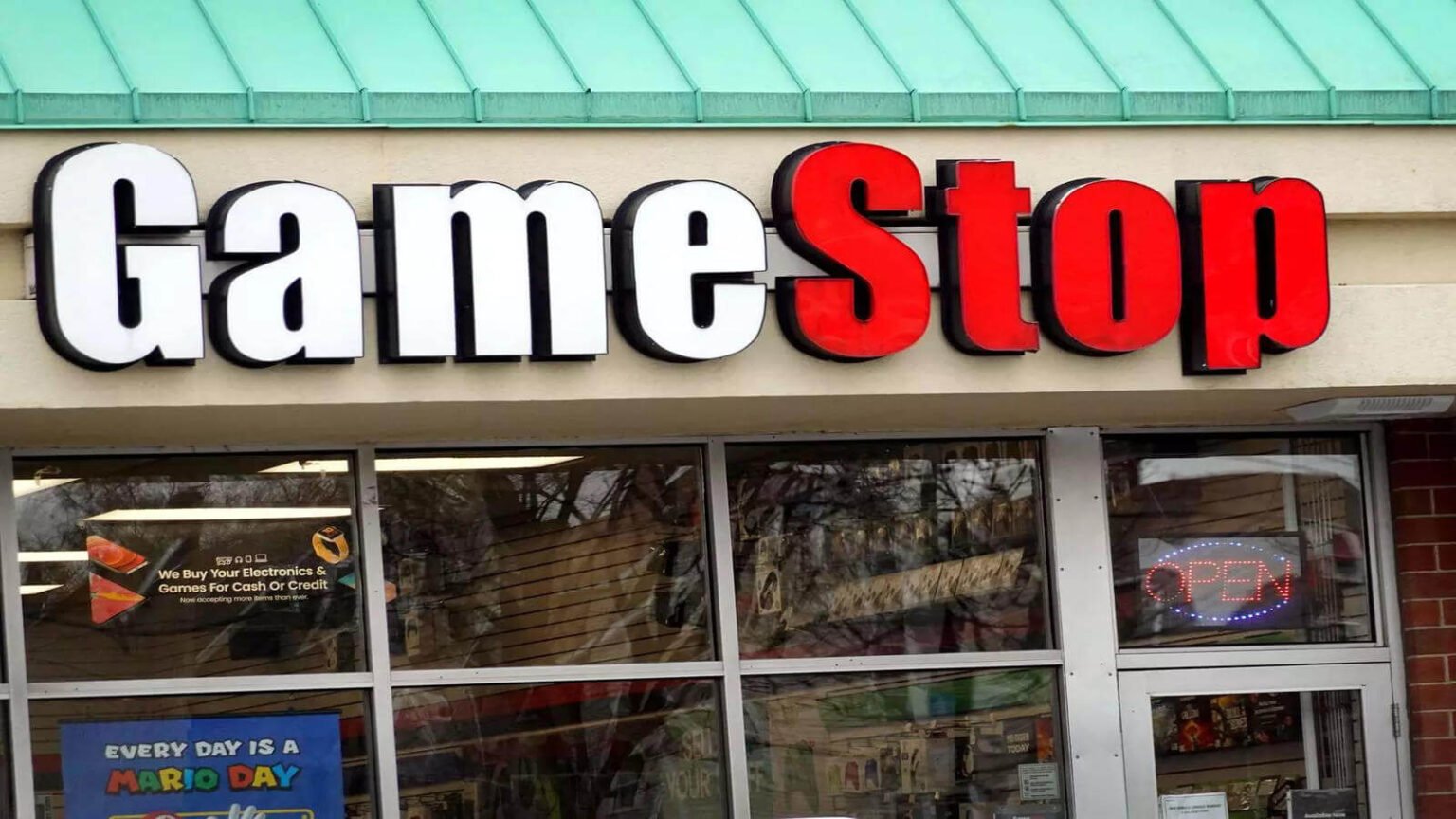The video game company GameStop Corp. (NYSE: GME), which sprang to prominence during the 2021 meme stock craze, has taken a big step by declaring that it will use Bitcoin as a treasury reserve asset. On March 25, 2025, the firm made this announcement, which marks a strategic change in its financial policy as it aims to manage the rapidly changing digital asset landscape.
A portion of GameStop’s cash reserves or proceeds from future debt and equity issuances may be invested in Bitcoin and other digital assets, according to an amended investment policy that was unanimously adopted by the company’s board of directors. GameStop said in an official statement with the Securities and Exchange Commission (SEC) that it “may sell any Bitcoin we may acquire, and we have not set a maximum amount of Bitcoin we may accumulate.” This adaptability shows that GameStop is willing to investigate different Bitcoin investment amounts while evaluating the state of the market.
This action coincides with a growing trend of publicly traded firms using Bitcoin into their treasury operations. GameStop becomes one of the biggest corporate owners of Bitcoin, joining companies like MicroStrategy, which is well-known for having spent billions of dollars in the cryptocurrency. GameStop hopes to improve its financial stability and maybe capitalise on the increased interest in cryptocurrencies among both institutional and retail investors by getting into the Bitcoin market.
GameStop’s fourth-quarter earnings report, which revealed nett sales of $1.283 billion for the quarter ended February 1, 2025, was released at the same time as the announcement. It is interesting that GameStop produced a nett income of $131.3 million, a huge increase from $63.1 million in the previous year, even if this figure is a decrease from $1.794 billion in the same time last year. This represents GameStop’s third straight quarter profit and is a result of the company’s continuous efforts, led by CEO Ryan Cohen, to decrease costs and streamline operations.
Cohen has been outspoken about his plan to bring GameStop’s business model back to life. The company has struggled because of changing consumer habits and heightened competition from online gaming platforms. Cohen’s larger plan to modernise the business and draw in new investors interested in both established retail and cutting-edge digital assets is in line with the choice to invest in Bitcoin.
Positive market reactions have resulted from GameStop’s statement, as shares increased by more than 6% in post-hours trading. According to analysts, adding Bitcoin to GameStop’s treasury might increase the company’s attractiveness to investors seeking cryptocurrency exposure and act as a hedge against inflation and unstable economic conditions.
In its SEC filing, GameStop highlighted the risks of investing in Bitcoin, stating that “the Bitcoin markets have historically experienced significant volatility in price, limited liquidity and trading volumes, relative anonymity, potential susceptibility to market abuse and manipulation, compliance and internal control failures at exchanges.” This acknowledgement emphasises that although investing in cryptocurrencies may provide benefits, there are also risks involved that could affect the company’s bottom line.
It will be essential for GameStop to successfully manage these risks while adhering to legal requirements as it proceeds with its new investment programme. How businesses like GameStop approach their investments in digital assets will be greatly influenced by the changing regulatory environment surrounding cryptocurrencies.
To sum up, GameStop’s choice to make Bitcoin a treasury reserve asset is a significant turning point in the business’s efforts to adjust to shifting investor tastes and market conditions. GameStop hopes to strengthen its financial stability and position itself for future growth by embracing bitcoin alongside other publicly traded companies. All eyes will be on how GameStop executes this approach and what effect it might have on its overall company performance going forward, as interest in digital assets continues to grow among institutional and retail investors.

